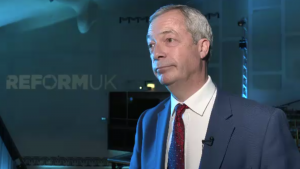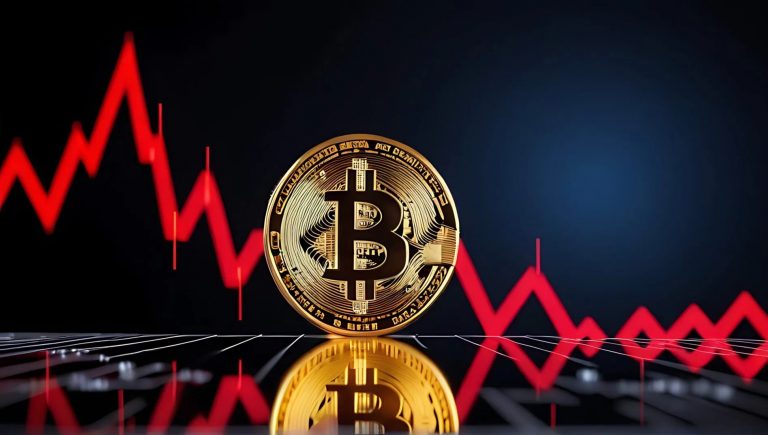
A Hong Kong lawmaker has proposed incorporating Bitcoin (BTC) into the region’s national reserves, aiming to enhance financial security and position Hong Kong as a global crypto hub.
Proposal for Bitcoin as a Reserve Asset
Wu Jiexhuang, a member of Hong Kong’s Legislative Council, has called for the inclusion of Bitcoin in the city’s fiscal reserves. Speaking to the state-owned newspaper Wen Wei Po, Jiexhuang highlighted the potential benefits of leveraging China’s “one country, two systems” framework to adopt Bitcoin as a strategic reserve asset. He argued that doing so could promote financial security, boost local crypto industry development, and attract talent and investment.
Jiexhuang suggested that Hong Kong could study the market impact of U.S.-based spot Bitcoin exchange-traded funds (ETFs) as part of its exploration of Bitcoin’s viability as a reserve asset. He added that such a move could also increase transaction stamp tax revenue.
Global Precedents and Strategic Advantages
Jiexhuang pointed to smaller nations like El Salvador and Bhutan, which have integrated Bitcoin into their strategic reserves, as examples. He also noted that certain U.S. states are pursuing similar strategies. Highlighting U.S. President Donald Trump’s recent proposal to make Bitcoin a strategic reserve asset, Jiexhuang suggested Hong Kong could gain a first-mover advantage by following suit.
Jiexhuang said,
“If major economic powers take the initiative to include Bitcoin in strategic reserves, the value of Bitcoin will be more stable, causing more and more other countries to follow suit and reduce their holdings of traditional assets. This will result in the fall of the price of traditional assets and will shrink the government’s fiscal reserves holding traditional assets.”
Cautious Implementation Recommended
While advocating for Bitcoin’s inclusion, Jiexhuang acknowledged the risks associated with the asset. He advised Hong Kong authorities to allocate only a small percentage of the national reserves to Bitcoin, initially through ETFs. Currently, Hong Kong hosts 12 ETFs tracking Bitcoin and Ethereum on its stock exchange, but their inflows remain modest compared to U.S. spot Bitcoin ETFs.
Existing Crypto Exposure and Broader Context
The Hong Kong Monetary Authority (HKMA) has reportedly taken minimal exposure to cryptocurrencies as part of its investment strategy in emerging markets. Meanwhile, China holds approximately 190,000 Bitcoin, primarily acquired through confiscation efforts, ranking second globally after the United States in terms of Bitcoin reserves.
This proposal is not unprecedented in Hong Kong. In July 2024, legislative council member Johnny Ng suggested a similar initiative. Both Ng and Jiexhuang believe Trump’s strategic Bitcoin reserve proposal could significantly impact traditional markets and position Hong Kong as a financial hub of crypto adoption.
Disclaimer: This article is provided for informational purposes only. It is not offered or intended to be used as legal, tax, investment, financial, or other advice.























+ There are no comments
Add yours